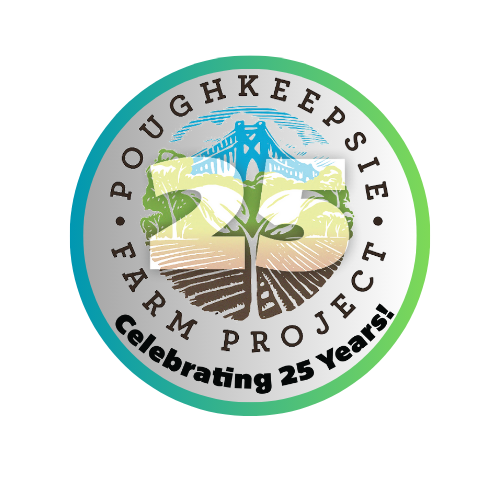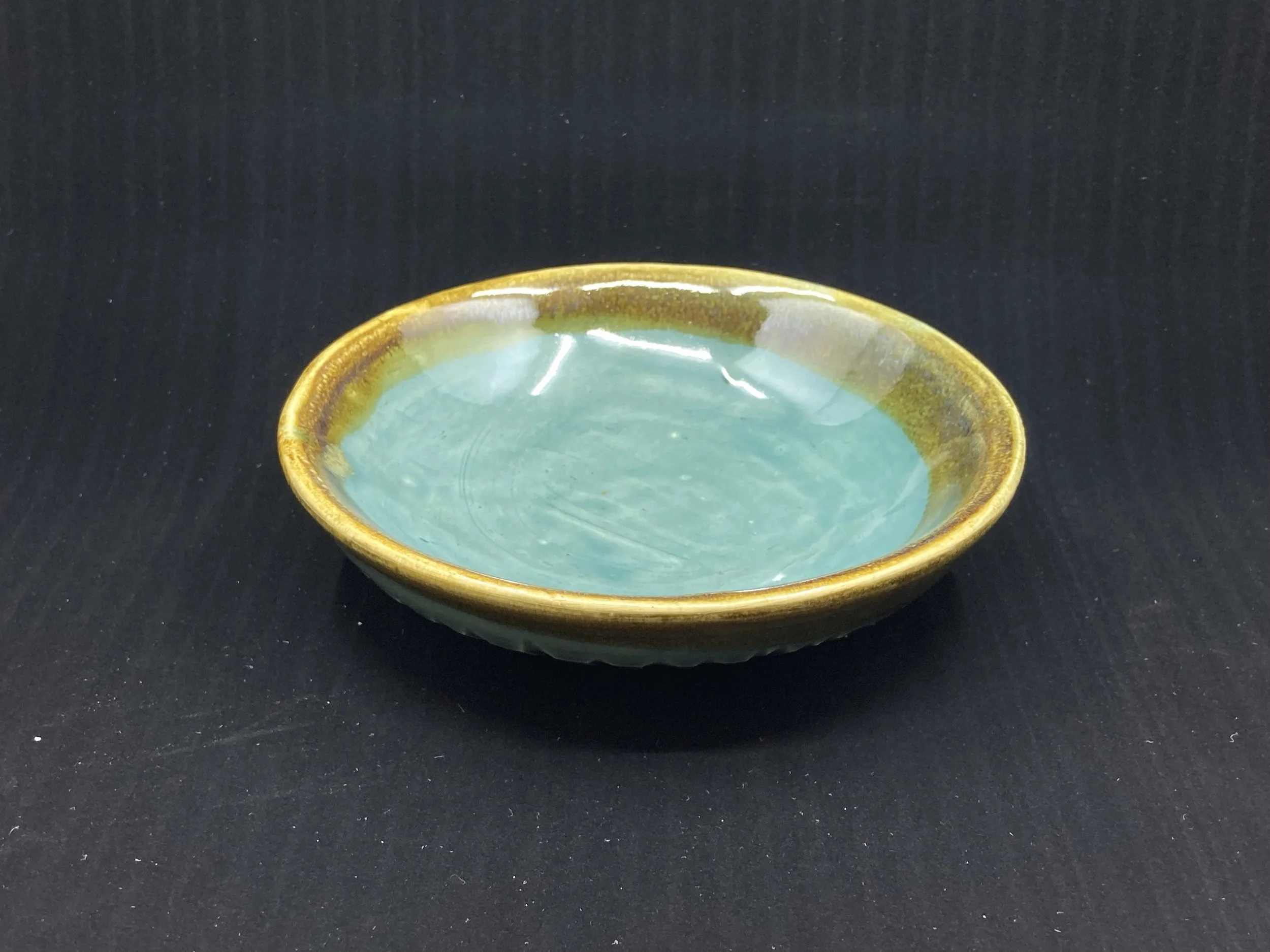written by Beth Hentschel, Farm Intern
The dirt will never come out of the cracks in your hands.”
This was what Leon told me over the phone before I started working at the farm, warning me what to expect in my first days in the field. In my mind I chuckled. I’d been a flight attendant the past ten years. There were no cracks in my hands.
In training at American Airlines we go though “Image” which is training on how to keep your lipstick looking fresh and your hair and uniform looking tidy at the end of a twelve hour day and, famously, we are taught to keep our hands looking polished and immaculate.
That phone call was back in April, when the pandemic had already closed down New York state. While flight attendants are considered essential workers, demand for air travel had fallen off a cliff and the airlines all found themselves incredibly overstaffed. They began to offer leaves of absence to anyone who wanted one.
I leapt at the chance to take a summer away from flying and experience life in a line of work I had been interested in for years. I started farming in May.
My first day at the farm we seeded, or planted seeds into trays. I learned that seeds like to be buried twice their width down. We transplanted seedlings that had already had several weeks to grow in the greenhouse into the fields. For the first time I rode around on the back of the transplanter, a tractor fitted with seats behind it that float just over the rows so we can transplant the seedlings from their trays into the ground. We harvested hundreds and hundreds of pounds of radishes and Hakurei turnips and arugula.
I was amazed at how fast and organized the other farmers were, moving from one task seamlessly to another, organized and holding the day's many moving parts in their minds.
I was amazed at how dirty we all got. Every single day.
As we moved into summer I have continued to learn from my fellow farmer’s example how to work as a team. I'm learning how to adapt the plan to the weather, to the plants that aren't ready when you thought they would be and to the plants that came in sooner than you planned and to the seeds that didn’t germinate and then to change the plan again. My fellow farmers have taught me that it is possible to work in July's heat and without complaint, and that you can rally again, and again, and again. As many times as it takes to get the harvest in.
It's a pleasure to work alongside people doing their hearts' work.
In addition to all of the field work, I have really enjoyed running the CSA distribution on Saturdays mornings. It is so deeply satisfying to give the food we grew from tiny seeds, moved to the field, weeded, watered and then harvested -- it is so satisfying to then actually hand them to our members, who will go home and use them.
The summer internship at Poughkeepsie Farm Project is usually three months long. I began mine a month early, in May, because of the pandemic. But even four months wasn't enough. By the end of July I was beginning to feel sad that I would be leaving at the end of August and wouldn’t see the winter squash or the potatoes we planted get harvested. The thought of leaving the farm and going back to working indoors, where it is air conditioned and you always stay clean, was really starting to get me down. And then, another reprieve: they asked if I’d be willing to stay on until Thanksgiving. Again I jumped at the chance.
After three months in the field I found out Leon was right. The dirt does not come out of the newly formed cracks in my hands. And I hope it doesn't anytime soon.









